🇺🇸 Uyghur Forced Labor Prevention Act (UFLPA) – Compliance with BRAND
Overview of the UFLPA
The Uyghur Forced Labor Prevention Act (UFLPA) is a U.S. law enacted in 2021 to address concerns about forced labor in China’s Xinjiang Uyghur Autonomous Region (XUAR). The law places the burden of proof on companies to demonstrate that goods imported into the U.S. are not linked in any way to forced labor.
A key feature of the UFLPA is the rebuttable presumption that any goods partially or wholly sourced from Xinjiang are tainted by forced labor—unless the importer can provide clear and convincing evidence to the contrary.
Enforcement is led by U.S. Customs and Border Protection (CBP), which can detain, seize, or deny entry of goods.

Key Requirements for Importers and Brands
To comply with the UFLPA, companies must:
- Conduct full supply chain mapping to the raw material level
- Identify exposure to entities listed on the UFLPA Entity List
- Collect and maintain evidence of due diligence, risk assessment, and mitigation
- Provide traceability documentation (e.g., bills of lading, purchase orders, invoices)
- Be able to respond to CBP with documentation within tight deadlines
How BRAND Supports UFLPA Compliance
Full Supply Chain Mapping
- Multi-Tier Mapping Tools: Visualize upstream suppliers to Tier 3 and beyond
- Origin-Based Filtering: Automatically flag suppliers with operations, links, or sourcing in or near XUAR
- Material Traceability Logs: Link raw materials to source region with full batch documentation
UFLPA Entity Screening
- Entity List Matching: Screen suppliers and subcontractors against the UFLPA Entity List and other restricted party databases
- Auto-Flagging: Highlight known affiliations with organizations operating in Xinjiang
- Entity Risk Heatmaps: Visualize risk concentration across the supply chain
Evidence Collection & Proof Management
- Document Uploads: Store supplier declarations, third-party audits, chain of custody documents, and transport logs
- Clause Tagging: Link documentation to rebuttable presumption requirements or CBP request templates
- Evidence Chain Builder: Construct defensible chains of custody for each imported good
Risk Alerts & Case Management
- Real-Time Alerts: Notify users of new Entity List updates or high-risk geographic links
- Incident Management Module: Log detentions or inquiries from CBP and assign response teams
- Remediation Tracker: Capture corrective actions taken following enforcement or supplier changes
Audit-Ready & Regulator Response Tools
- UFLPA Compliance Reports: Export structured reports with traceable evidence for CBP inquiries
- Activity Logs: Show when and how documentation was collected or updated
- Supplier Justification Files: Generate reports showing why a supplier is considered low-risk or compliant
Use Cases
Screening textile suppliers for indirect cotton sourced from Xinjiang
Responding to CBP inquiries with complete traceability documentation
Mapping electronics components to sub-suppliers and facilities in China
Logging and resolving a forced labor red flag reported via grievance channel
Why This Matters
UFLPA is presumed non-compliance until proven otherwise. Companies importing into the U.S. must proactively document and defend their supply chain practices—especially in sectors like apparel, solar, and electronics.
Failure to comply can result in detention, legal exposure, and reputational harm.

Summary
BRAND helps companies meet the UFLPA’s evidentiary standard with clear documentation, real-time alerts, and traceable supply chain data. Our tools enable importers to build and maintain defensible compliance programs—before enforcement action occurs.
